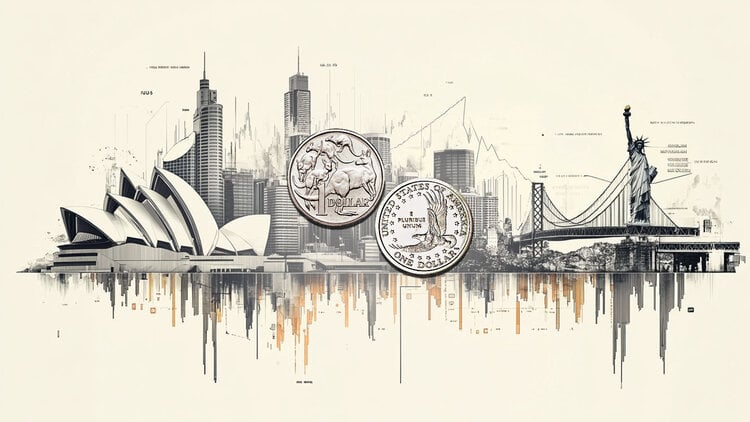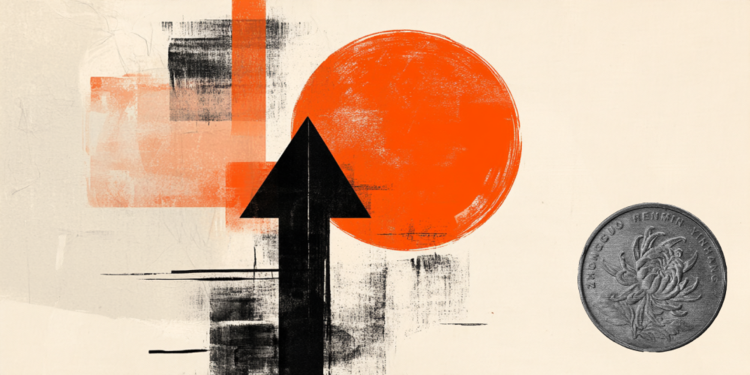Civil Registry statistics, released by the Brazilian Institute of Geography and Statistics (IBGE) this Thursday (18), show that 1.5 million Brazilians died in 2020. The number represents an approximate 15% increase in the number of deaths , when compared to the previous year. Influenced by the Covid-19 pandemic, this is the biggest increase in deaths since 1984.
According to IBGE, all regions of the country had a significant increase in the number of deaths during the first year of the pandemic compared to 2019.
The biggest hikes took place in the North and Midwest of Brazil, with growth of 25.9% and 20.4%, respectively. The Northeast also had an increase above the country’s average, with an increase of 16.8% in deaths. Southeast and South came next, with 14.3% and 7.5%.
Among the Brazilian states, 16 had a variation above the Brazilian average. The state of Amazonas registered the biggest increase with 31.9%, while Rio Grande do Sul had the lowest average, with 7.9%.
The percentage increase in deaths was greater in Brazilians aged 60 years and over, one of the risk groups of Covid-19. The IBGE survey shows that the number of deaths was higher among men compared to women. The study states that males died 16.7% more in 2020, compared to the previous year. As for women, the institute registered an increase of 12.7%.
For the epidemiologist and public health researcher at the Oswaldo Cruz Foundation (Fiocruz), Raphael Guimarães, the number of deaths was “totally” impacted by the new coronavirus pandemic. And according to him, the deaths registered by the IBGE should be even higher by the end of 2021.
“The trend is for us to have an even higher level for 2021. Without a doubt, we had a greater volume of deaths as a result of the pandemic between March and April this year, it was the peak of the disease in Brazil. And we still need to take underreported cases into account”, said the researcher.
births
Also according to the IBGE survey, fewer children were born in 2020, when compared to 2018 and 2019. In the first year of the pandemic, 2,678,463 children were born. In 2019, there were 2,811,760 and in 2018, 2,899,563.
Over the years, the age profile of mothers has also changed. Most of them are still between 20 and 29 years old (47.8%), but the number of mothers aged between 30 and 39 years (34.2%) and over 40 (3.7%) has been growing . In 2010, when the last census was carried out, these percentages were, respectively, 53.1%; 26.1%; and 2.3%. In 2000, these rates were 54.5%; 22.0% and 2%, in that order.
The survey also shows data on under-registration of births from 2015 to 2019. In the year prior to the pandemic, 2.11% of births were within this statistic in Brazil. In 2015, this number was 4.21%. In 2019, the state with the highest number of cases was Roraima (15.2%). The smallest was the Federal District, with 0.2%.
weddings
In 2020, there were 757,179 marriages. Of these, 750,746 were with people of different sexes and 6,433 of the same sex. In all, there were 26.1% fewer marriages than in 2019. Among same-sex couples who formalized the union, women are the majority. In 2020, there were 3864, against 2569 among men. Most of the weddings took place in December, with 113,086.
The average age of spouses at marriage is 32.7 years among women who marry partners of the same sex; 28.1 years among women married to men; Among men, the average age of married people of the same sex is 34.1 years; among men married to women, it is 30.5 years.
Reference: CNN Brasil







